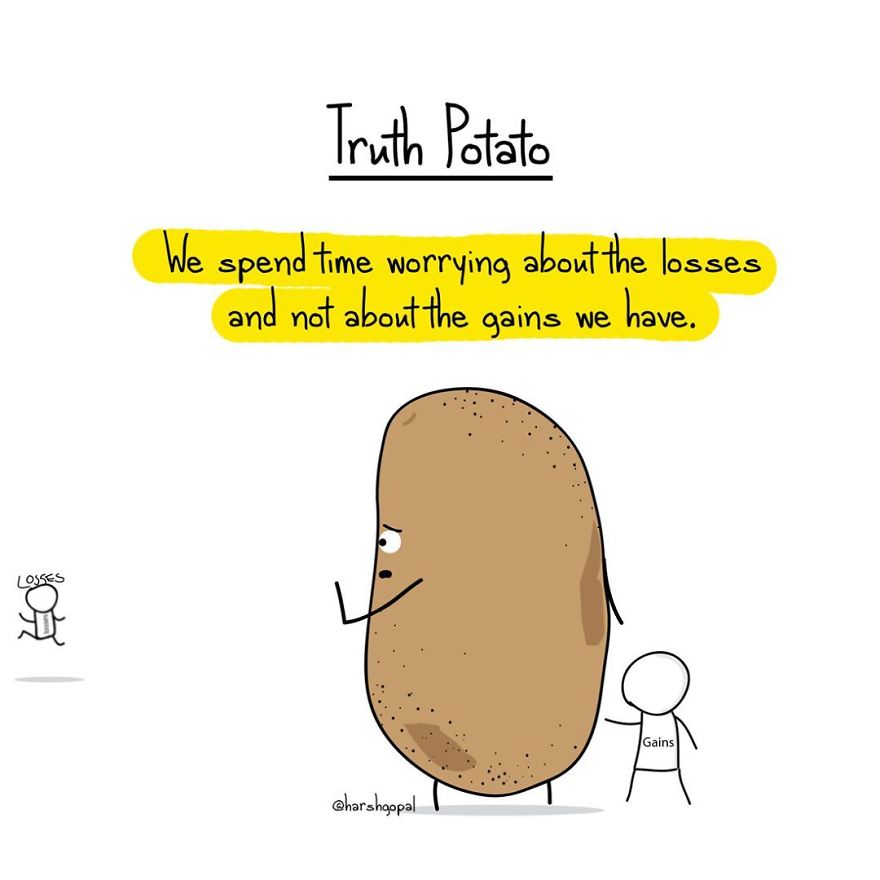yes this is an update of my life.
well, here it is the 1000th post since the remake of this blog. i am somewhat amazed at the fact that i am still using this platform. nonetheless, i still remain positive that this will be a long-term thing. frequency wise, i try to update as often as possible.. with a clear mind and what not. that said, yeah i have been gone for quite a few days. two reasons.
the first reason would be i have been adjusting to the new work life. the expectations, the routine, the responsibilities, the energy required, the rest required. it feels like i am always on the edge in office. it feels like i am fighting a war in office. relax, not war with co-workers but rather the project and messy data. as weird as it may sound.. i find my job so far really challenging yet enjoyable. probably due to the fact that i get to grow and learn as i work on the things i am passionate about.
the second reason would be home internet. my home internet was down for a couple of days over the week. phone data usage is not a viable source for i want to avoid exceeding the monthly limit. things got a little messy but it is all fixed now.. tough i think this new modem is giving me slower internet.. hmm.
busy weekend and i just hope i get sufficient rest to take on another 5 days of "war" until next time then, cheers.







